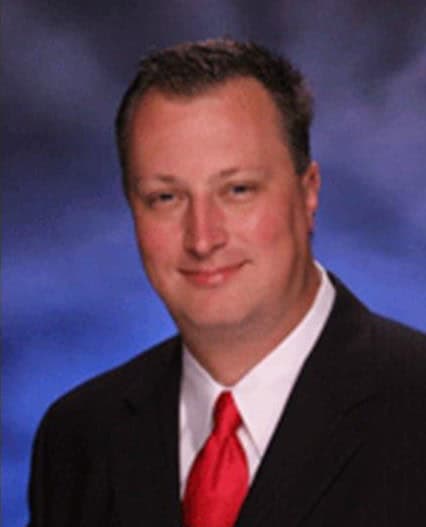
Our Purpose
Simply put, our purpose is to help students learn by helping teachers THRIVE!
We believe when teachers are at their best physically, mentally, socially, and spiritually they will have the greatest impact on the students they serve. As a teacher in the 21st Century you are faced with innumerable barriers, both visible and invisible. Many of these barriers cannot be changed by a single individual, but many others can be. Our mission is to provide the best information, ideas, tools, and skills that will help you learn and master emotionally intelligent skills that will help reduce stress and maximize student engagement and learning.
Thank you for checking us out! We hope this will be a valuable resource for teachers, counselors, administrators, and others seeking ideas, encouragement, or community as you faithfully serve the next generation.

Helping Students Learn by Helping Teachers Thrive!
Vision and Philosophy
When teachers thrive students can too!
Everything we do is intended to help teachers, counselors, administrators, and others succeed! From blog articles, to extended on-line courses, to in-person events and seminars, Infinite Education, Inc. is dedicated to removing visible and invisible barriers to teaching and learning so teachers can do much more in less time, with greater mastery and less stress.
We welcome your comments, suggestions, and ideas, and we look forward to hearing about your specific challenges so that we can work with you to resolve them As a community of dedicated educators we are stronger together than in isolation. We are delighted you have joined us in our quest to reach as many students as possible and a brighter future for all!

Meet Our Founder

Dr. Thomas B. Moore is the founder of Infinite Education, Inc. (www.ed-inc.net) and primary author of For the Greatest Good, a blog designed to encourage and support teachers.
Dr. Moore began his education career in 1991 as a band director in Arkansas after graduating from the University of Arkansas in Fayetteville and an alumnus of the Marching Razorback Band and Hogwild! Pep Band. Dr. Moore taught middle school and high school band and music instruction in Arkansas, Texas, and Tennessee.
In 2004 Dr. Moore began his education administrative career as a high school assistant principal in Cooper, Texas. One year later, he and his family moved to his home state of Missouri where he served as an assistant junior high school principal and as a high school principal.
In 2010 Dr. Moore began working with Missouri school districts as a consultant in data analysis and over three years authored eight manuals designed to identify key concepts and strategies teachers could use to raise student test scores on the annual Missouri Assessment Program. Between 2010 and 2013 Dr. Moore worked with thousands of teachers in over 160 Missouri school districts.
In March 2013 Dr. Moore was diagnosed with leukemia (Acute Lymphoblastic Lymphoma) and underwent a bone marrow transplant thanks to a generous, anonymous, unrelated donor, and spent the next several years regaining strength in body, mind, and spirit. Much of the downtime was spent reading and doing research in education and outside of education.
Over the course of Dr. Moore’s education career, he also embarked on various entrepreneurial ventures in several industries. These experiences presented ideas and information not often encountered by professional life-long educators. By being exposed to literature in business, psychology, and neuroscience, Dr. Moore has been able to combine proven ideas in other areas using the lens of many educational roles to find relevant applications.
After considering multiple venues through which to share his research, Dr. Moore decided the most efficient venue would be to create an on-line platform intended to inform teachers and other important educators, including counselors, social workers, principals, substitute teachers, bus drivers, school custodians and lunch workers, and everyone else who works to help students learn. The goal is to provide information, ideas, tools, and skills in an efficient platform that promotes teacher well-being and to reinvigorate the joy and energy with which every educator began their career.
We hope you will join forces with Dr. Moore to affect, in a very positive way, the future of our communities and our world as we all dedicate our professional energy “For the Greatest Good.”
